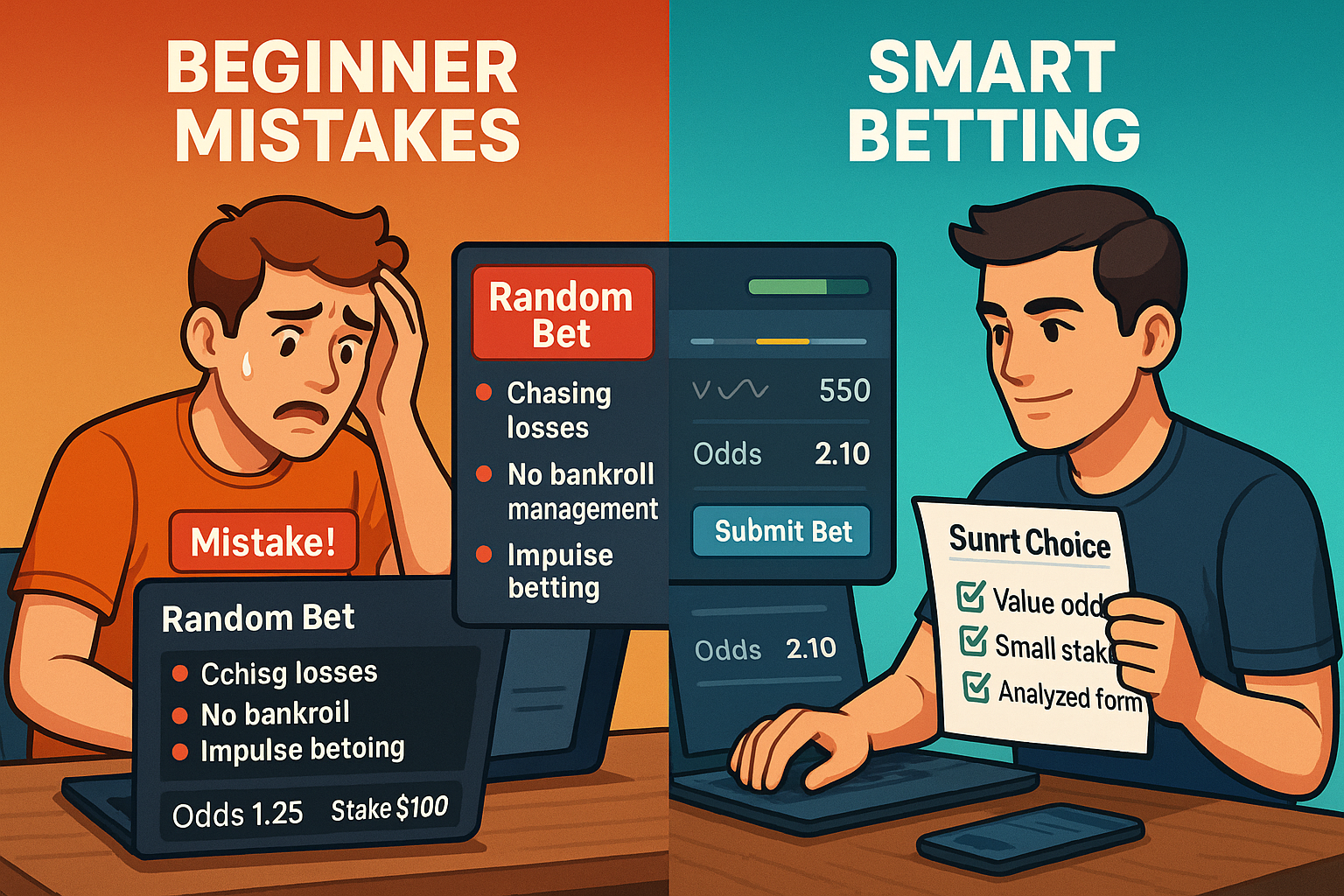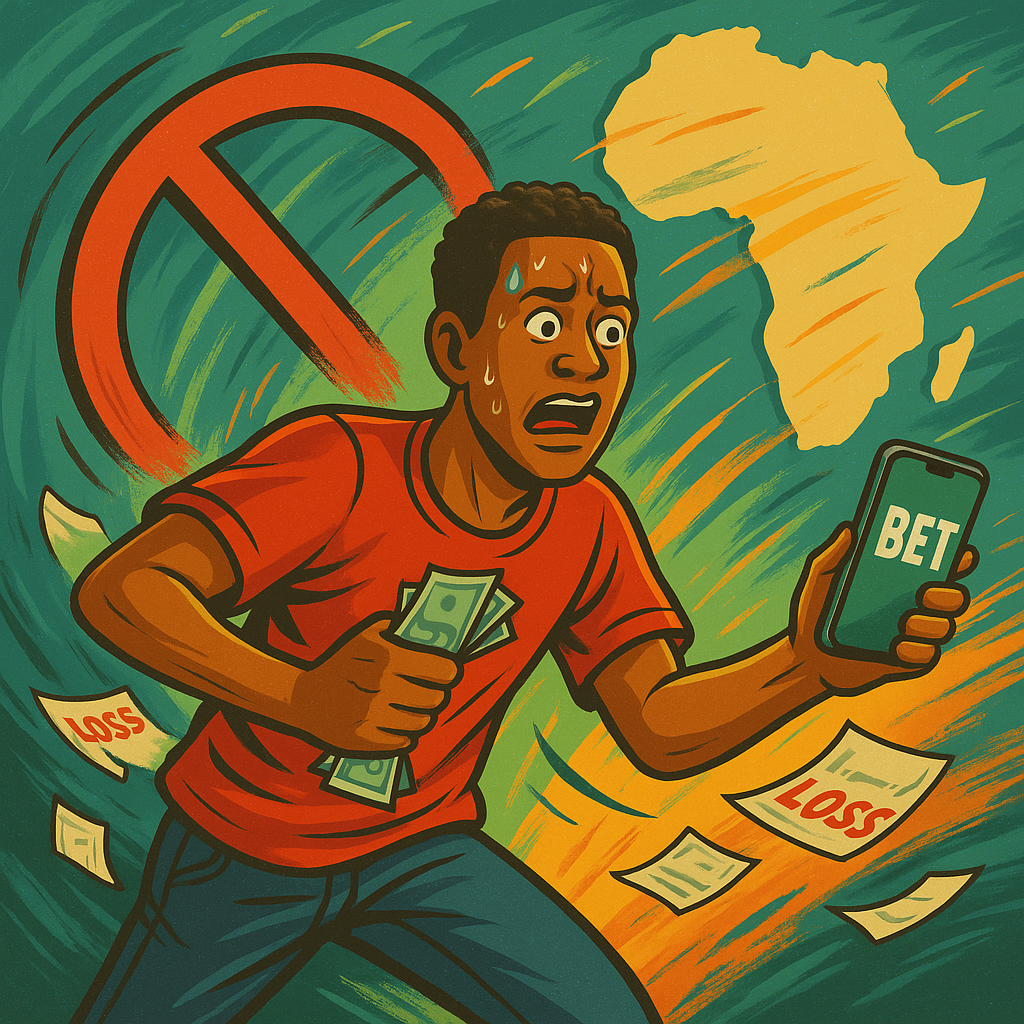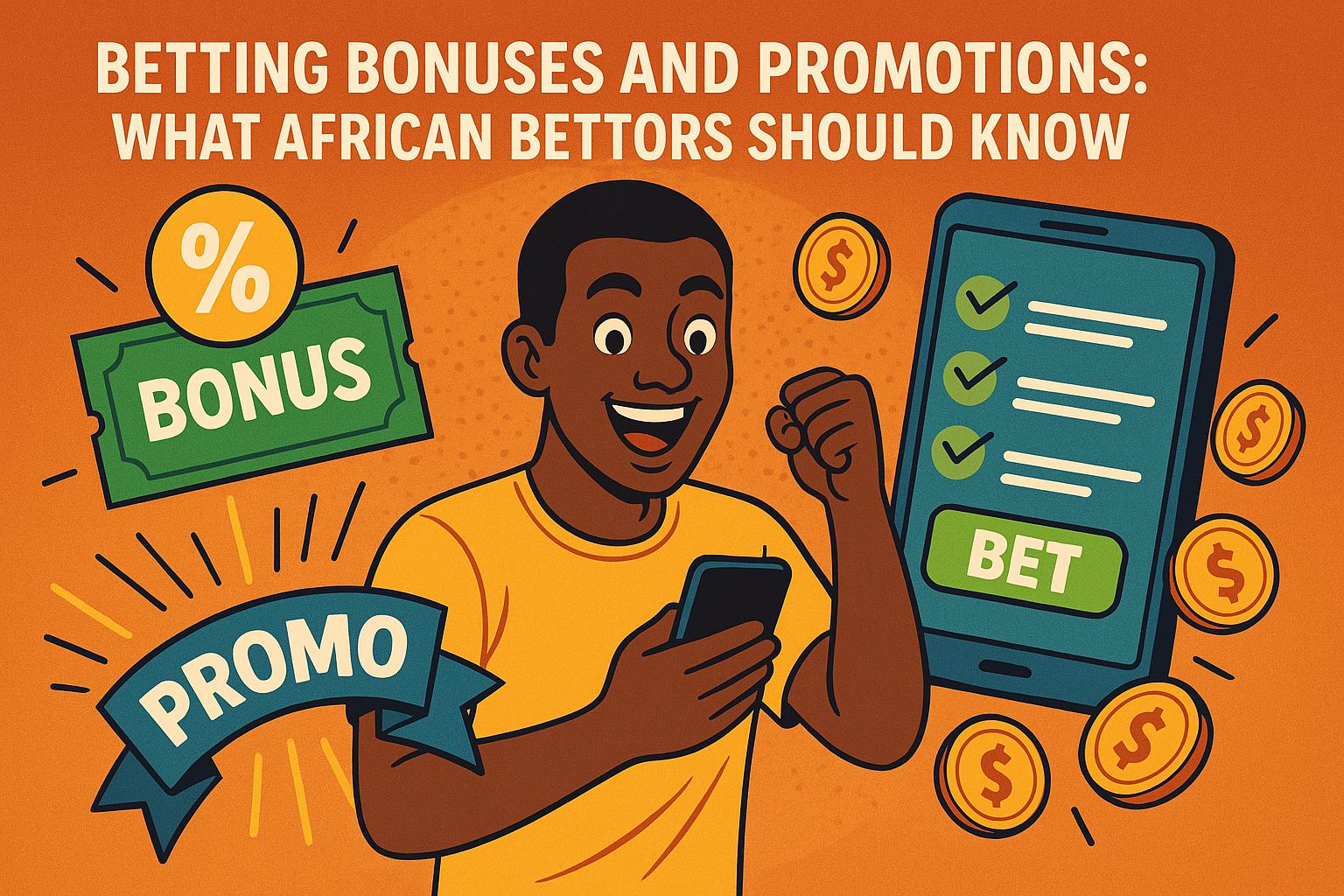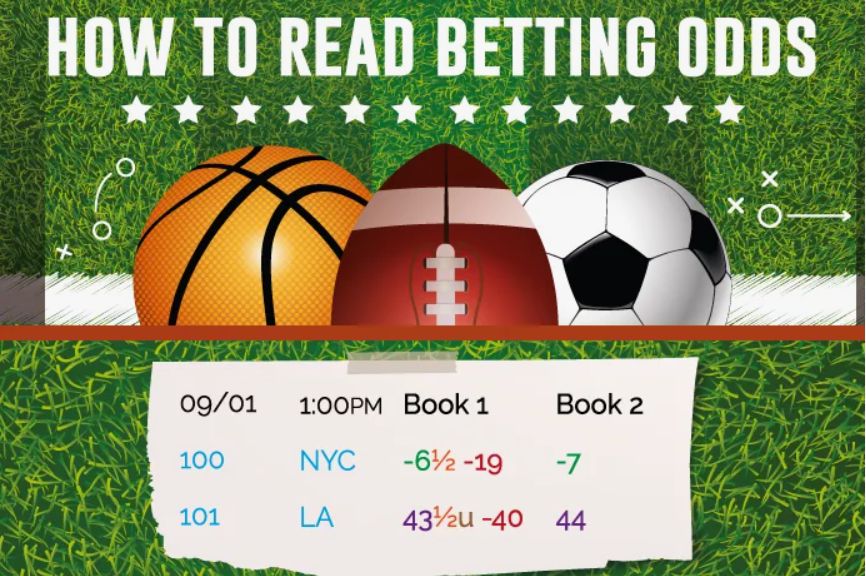Betting Landmines: The Rookie Mistakes Costing You Money and How the Pros Avoid Them

I still remember the anguish on my friend’s face as he watched his “foolproof” six-team accumulator collapse at the final hurdle. Just one more goal—that’s all he needed. Instead, he lost everything on a bet that, statistically speaking, was doomed before it began. In my decade covering the sports betting industry, I’ve witnessed this scene repeat countless times—beginners making the same catastrophic mistakes, utterly convinced they’ll be the exception. Truth is, approximately 97% of sports bettors lose money long-term. Yet the remaining 3% aren’t geniuses or insiders—they’ve simply learned to avoid the fundamental errors that sink everyone else. During a recent betting workshop in Johannesburg, I watched a veteran punter analyze newcomers’ betting histories through the 1xbet app, identifying identical mistake patterns across dozens of bettors. “The road to profitability,” he told me later, “isn’t paved with secrets—it’s about avoiding the obvious traps that beginners fall into over and over.” Today, I’m pulling back the curtain on these universal pitfalls—not just identifying them, but providing concrete strategies to sidestep them entirely. Whether you’re brand new to betting or trying to elevate your game, understanding these common mistakes will dramatically accelerate your betting education.
Emotional Roulette: How Betting With Your Heart Instead of Your Head Empties Your Wallet
The most destructive force in sports betting isn’t bad luck or even poor analysis—it’s emotion. When you place bets based on teams you support or against teams you dislike, you’ve already compromised your judgment. I’ve seen sophisticated bettors with deep statistical knowledge throw their methodologies out the window when their favorite team is playing.
This emotional attachment manifests in numerous ways. The most obvious is simply backing your team regardless of value, but more insidious versions exist: overvaluing players you admire, discounting information that contradicts your preferences, or applying different analytical standards to teams you’re emotionally invested in. During Liverpool’s title-winning season, I watched otherwise disciplined bettors consistently overstake on their matches out of excitement for their attacking football, creating bankroll volatility that eventually proved disastrous.
The Confirmation Bias Trap
The human brain naturally seeks information that confirms existing beliefs while discounting contradictory evidence. For bettors, this means unconsciously giving more weight to statistics that support your preferred outcome while dismissing those that challenge it. Recognizing this inherent bias is the first step toward neutralizing it.
Objectivity Through Process
Professional bettors develop systematic evaluation processes specifically designed to counteract emotional decision-making. Establishing fixed criteria for assessing matches forces you to consider factors you might otherwise overlook due to emotional attachment. Creating a standardized pre-bet checklist virtually eliminates emotional variance in your decision-making.
The Value of Blind Analysis
One technique that dramatically improved my own betting was implementing “blind analysis”—evaluating matches without initially knowing which teams were playing. By focusing purely on statistical profiles and form indicators before revealing team identities, I eliminated subconscious biases that had been contaminating my judgment for years.
Bankroll Suicide: The Dangerous Staking Errors That Guarantee Long-Term Failure
Even perfect selection methods will fail with poor bankroll management. The graveyard of would-be professional bettors is filled with skilled handicappers who couldn’t resist the urge to overstake. Understanding proper bankroll approach isn’t sexy, but it’s the foundation upon which all successful betting careers are built.
The most common bankroll mistake is drastically overestimating your edge. Beginners routinely stake 10-20% of their bankroll on single bets, creating mathematical certainty of eventual bankruptcy regardless of handicapping skill. Professional bettors typically limit individual stakes to 1-5% of their total bankroll, with most staying at the lower end of that range.
The Martingale Mirage
The allure of progressive staking systems, particularly the Martingale (doubling stakes after losses), continues seducing beginners despite centuries of mathematical proof demonstrating their inevitable failure. These approaches give the illusion of safety through their initial high-probability success rate, masking the catastrophic risk of the eventual losing sequence that wipes out your entire bankroll.
Chasing Losses: The Death Spiral
Perhaps the single most destructive pattern in sports betting is “chasing losses”—increasing stakes after losing periods to recover previous losses more quickly. This emotionally driven behavior violates fundamental risk management principles and accelerates bankroll depletion during inevitable downswings.
The Kelly Criterion Reality
While the Kelly Criterion provides a mathematical framework for optimal staking, beginners consistently misapply it by overestimating their actual edge. Professional bettors who use Kelly-based approaches typically implement “fractional Kelly,” staking 25-50% of the suggested amount to account for edge uncertainty and reduce variance.
Research Blindspots: Critical Information Most Beginners Completely Overlook
The gap between amateur and professional research approach isn’t about effort—it’s about focus. Beginners often spend hours researching irrelevant factors while completely missing the critical information that actually determines outcomes. This misallocation of analytical effort creates the frustrating scenario of “doing your homework” yet still losing consistently.
General statistics readily available in pre-match previews—possession percentages, shots on target, recent results—have already been fully factored into betting markets. The edge comes from specialized information that casual bettors overlook: underlying performance metrics, tactical matchups, situational motivational factors, and contextual elements like weather and officiating.
Beyond the Headline Numbers
While casual bettors fixate on goals, wins, and losses, professionals analyze metrics with greater predictive value: expected goals (xG), field tilt, pressure success rates, and defensive organization indicators. These underlying metrics reveal team quality more accurately than results, which contain significant random variance in the short term.
Contextual Factors Worth Their Weight in Gold
Team news, particularly the impact of key absences beyond star players, provides tremendous betting value. Casual bettors might acknowledge a star striker’s absence but completely miss the defensive midfielder whose positioning enables the team’s entire tactical approach. Through detailed team news monitoring on platforms like the 1xbet app, sharp bettors identify these crucial absences before markets fully adjust.
Motivational Mismatches
The psychological element—which teams need points, which managers face pressure, which competitions teams prioritize—creates predictable performance patterns that statistics alone cannot capture. Late-season matches between teams with vastly different motivational levels routinely produce results that defy statistical prediction but follow clear psychological patterns.
Referee Influence Analysis
Official assignments significantly impact match dynamics in predictable ways. Referees with established tendencies toward strict or lenient enforcement, early or late card distribution, or higher/lower penalty award rates create quantifiable effects rarely factored into mainstream betting markets but readily exploitable for certain bet types.
Market Misunderstandings: Why Value Betting Matters More Than Picking Winners
The most fundamental conceptual error beginners make is focusing on picking winners rather than finding value. This crucial distinction separates recreational bettors from professionals more than any other factor. A winning prediction at unfavorable odds loses money long-term, while finding value consistently—even with a lower winning percentage—generates profit.
Value exists when the probability implied by betting odds is lower than the actual probability of an outcome occurring. This concept seems simple but proves remarkably difficult for beginners to internalize. I’ve watched countless novice bettors celebrate backing heavy favorites at 1.20 odds without any consideration of whether those odds offered value relative to the true winning probability.
- Understand that betting is about mathematics, not prediction
- Learn to convert odds to implied probability percentages
- Develop your own probability assessments independent of market odds
- Only bet when your assessed probability exceeds the implied market probability
- Accept that value betting means losing more often on individual bets
The professional approach requires evaluating opportunities not by whether you think something will happen, but whether it will happen more often than the odds suggest. This mindset shift transforms your entire betting methodology from prediction-focused to value-focused, automatically eliminating many low-value betting opportunities that beginners routinely pursue.
The Psychological Traps: Mental Errors That Separate Winning and Losing Bettors
The ultimate battleground in sports betting isn’t statistical analysis or market understanding—it’s psychology. The mental traps that capture beginner bettors extend far beyond simple emotional attachment to teams. These psychological pitfalls create systematic decision-making errors that persist regardless of knowledge level.
Recency bias—overweighting the importance of recent events—dominates amateur betting psychology. A team that just scored five goals is assumed to be in “great form” regardless of the quality of chances created, while a normally reliable team coming off two losses is suddenly “struggling” despite possibly playing well in defeat. This cognitive bias creates persistent market inefficiencies that professionals systematically exploit.
Gambler’s Fallacy and Hot Hand Fallacy
These opposing but equally destructive biases reflect fundamental misunderstandings about probability. The Gambler’s Fallacy (“team is due for a win after several losses”) and Hot Hand Fallacy (“team will keep winning because they’re hot”) both assign predictive value to patterns that statistical analysis consistently proves are meaningless. Professional bettors recognize that each match represents an independent probability event, largely unaffected by streaks.
Availability Heuristic in Team Assessment
The ease with which we recall information creates distorted team evaluations. Spectacular goals, controversial referee decisions, and dramatic moments disproportionately influence our team assessments simply because they’re more memorable than the routine passages of play that actually comprise most of the game. Professionals counter this by focusing on comprehensive statistical evaluation rather than highlight-reel moments.
Sunk Cost Fallacy in Ongoing Betting
The psychological investment in previous bets creates irrational decision-making for subsequent opportunities. After backing a team unsuccessfully, beginners often double down in future matches to “win back” previous losses, misapplying loyalty to previous assessments even when new information suggests reconsideration. Professional bettors evaluate each new opportunity independently, without reference to previous investments.
Evolution Not Revolution: Creating Your Betting Development Roadmap
The transformation from losing bettor to break-even or profitable one doesn’t happen overnight. The journey requires systematic skill development across multiple domains—analytical techniques, psychological discipline, and market understanding. Creating a developmental roadmap accelerates this evolution by focusing your improvement efforts on the highest-impact areas first.
The foundational betting skills that deliver the greatest immediate improvement are proper bankroll management and basic value identification. Mastering these two elements alone can transform a catastrophically losing bettor into a merely break-even one—a massive improvement that creates the stability necessary for further development. Only after establishing this foundation should bettors progress to more sophisticated analytical techniques.
The Tracking Imperative
Detailed bet tracking represents the single most underutilized improvement tool among developing bettors. Recording not just results but reasoning for each bet creates a personalized database of decision-making patterns that reveals your specific strengths and weaknesses. The insights gained from reviewing hundreds of your own betting decisions prove far more valuable than generic betting advice.
Specialization Before Diversification
Professional bettors typically build their edge through deep specialization before expanding their focus. Concentrating initially on one league, one team, or even one market type allows you to develop genuine expertise in a manageable domain. This focused approach yields better results than the scattershot method many beginners employ, betting across dozens of leagues and sports without developing true insight in any of them.
Community and Mentorship Benefits
The fastest betting education comes through engagement with more experienced bettors. Online communities, betting workshops, and mentorship relationships accelerate development by exposing you to advanced concepts before you would naturally discover them through experience alone. The professionals I’ve interviewed consistently cite these knowledge-sharing relationships as critical to their development.
Technology as Development Accelerator
Modern betting platforms and analytical tools dramatically compress the learning curve compared to previous generations. Features available through specialized betting apps provide unprecedented analytical capabilities that previously required years of market experience to develop. Resources like detailed statistical databases, odds comparison tools, and even AI-powered analysis features on platforms like the 1xbet app give today’s developing bettors advantages that professionals a decade ago could only dream about.
Beyond Mistakes: Building Your Betting Wisdom
The journey from betting novice to skilled practitioner isn’t just about avoiding mistakes—it’s about developing decision-making wisdom that transcends basic rules. True betting sophistication emerges when you understand not just what to do, but why to do it, adapting principles to specific situations rather than blindly following formulas.
The most important realization for developing bettors is that improvement never ends. Even professional bettors with decades of experience and proven profit records continuously refine their approaches, adapt to changing market conditions, and incorporate new analytical techniques. This growth mindset—viewing betting as a skill to be perpetually developed rather than a fixed talent—ultimately determines who evolves into profitable territory and who stagnates in perpetual frustration.
Remember that betting profitability isn’t binary but exists on a spectrum. Moving from losing 20% of your bankroll monthly to losing 5% represents genuine improvement. Progress from losing 5% to break-even creates sustainability. The seemingly small step from break-even to slightly profitable represents the most difficult but important transition—crossing the threshold that separates recreational activity from potential profession.
The ultimate beginner mistake is expecting immediate results. Betting skill development follows the same principles as any complex discipline—consistent application of sound principles eventually yields results, but the timeline extends far longer than most beginners anticipate. The professionals making this look easy have typically invested thousands of hours in development efforts invisible to outside observers.



